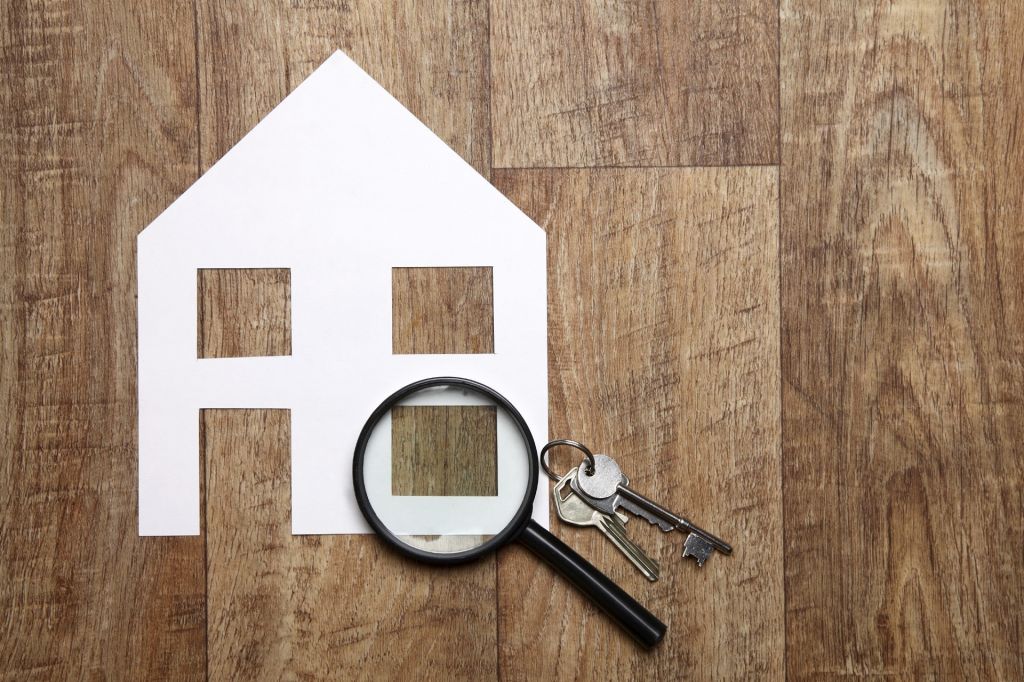Don’t get caught out: Unexpected home buying costs

We take a look beyond home loan shopping and budgeting for a deposit to get to the nitty gritty of costing your property purchase.
1. Transfer duty, aka stamp duty
Domain research has shown that paying stamp duty (also known as transfer duty since the introduction of the Duties Act 2001) is one of the most stressful costs faced by home buyers. The best way to tackle this often considerable cost is to be prepared! Each state and territory charges transfer duty at different rates and provides different concessions. Meet stamp duty head on by calculating your potential costs and budgeting for them now.
Related: stamp duty calculator
2. Conveyancing costs
Property buying and selling involves a number of legal processes, including exchanging legally binding contracts, drawing up a Transfer of Land, title searches confirming land ownership and certificate checks against Section 32 of the Vendor’s Statement. A licensed conveyancer or solicitor can guide a home buyer through these processes and assist in negotiating settlement terms that are in the buyer’s best interests. Seeking legal advice before bidding at auction or signing a contract of sale is key to avoiding common legal pitfalls such as adverse contract terms. Standard conveyancing fees are $900 on average plus out-of-pocket expenses. Tasks outside the scope of normal conveyancing will be charged according to the legal advisor’s Costs Disclosure Statement.
3. Lender fees
Finding the right mortgage for your property purchase is a key factor in a successful purchase. When reviewing home loan options make sure you consider all lender fees, costs and charges associated with the loan. This can include an establishment or application fee, Lenders Mortgage Insurance, administration fees, rate lock fees and early repayment costs. Different lenders give similar fees and charges different names and can apply them at different rates – so read through cost breakdowns carefully.
4. Building and pest inspections
The cost of a building inspection generally starts at a few hundred dollars and depends on the size and location of the property. If a specialised issue is identified, an additional inspection may be required. It is highly recommended you obtain building and pest inspections before you commit to a purchase. Legal issues can arise if you have not conducted these checks before bidding at auction or signing an unconditional contract. Inspections by a qualified inspector will identify potential problems such as structural defects, risk of future water damage and the building not conforming to registered plans (non-conformity can lead to parties such as local council demanding the works be rectified).
5. Pre-purchase, transaction and post-purchase costs
It is important to understand when you will incur costs during the home-buying process. The order of your payments will be determined by the method of sale – by auction or private treaty. For example, a prudent purchaser buying at auction will have completed all building inspections and have their finances in place before bidding. At the fall of the hammer the winning bidder will be committed to the sale and a deposit must be paid.
Generally, a private treaty sale will incorporate a cooling-off period in the contract of sale, which allows time for final building inspections and finance approval. It is possible to negotiate the settlement terms of a contract of sale (whether by auction or private treaty) but this should take place before bidding or exchanging contracts.
If you are in the market for a new home, make a good property move with our Guide to Hidden Home Buying Costs.
We recommend
We thought you might like
States
Capital Cities
Capital Cities - Rentals
Popular Areas
Allhomes
More







